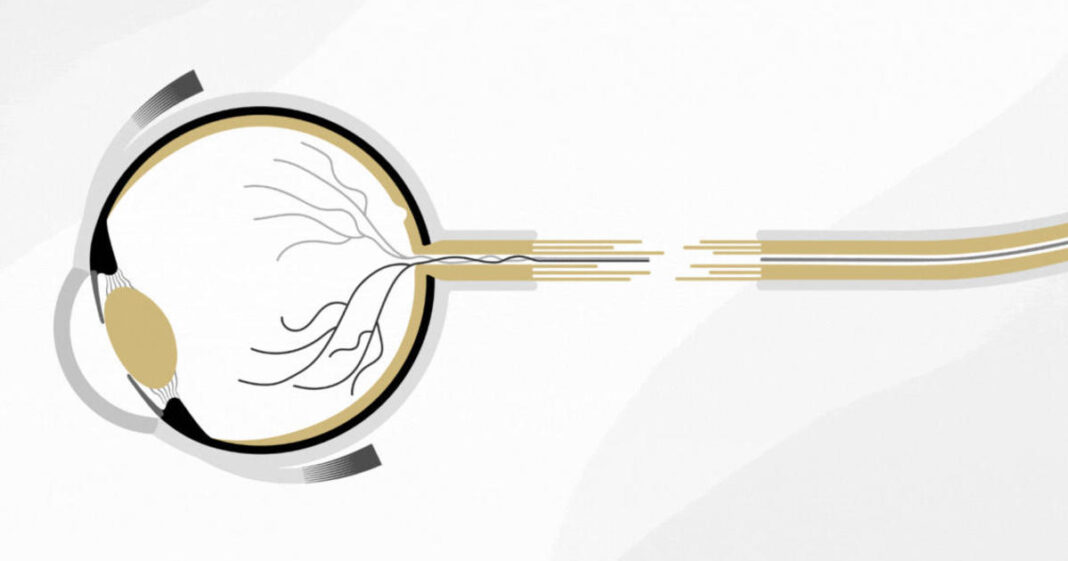Researchers at Colorado College Anschutz Clinical Campus have received up to $46 million to help create a pioneering treatment to overcome blindness. Advanced Research Projects Agency for Health This award will allow researchers to make the perfect eye transplant a reality.
with Anschutz
According to the researchers, it aims to regenerate the optic for patients suffering from total blindness. This supply will back up images from the overall human scene-allocation innovation development project team led by CU.
“Currently, there has never been a successful total human eye transplant for the restoration of vision,” lead investigator and surgeon-scientist Dr. Kia Washington said in a commentary. “We believe that the great advances made over the past two decades in technology, transplant surgery and regenerative medicine have now made the restoration of vision possible.”
The CU Anschutz team said it will start with animal models on optic nerve regenerative methods, immunosuppression and post-operative care with the aim of pursuing human trial research.
with Anschutz
“One of the most complex parts of the procedure is successfully reconnecting the optic nerve. Think of it as repairing a broken electrical connection so that signals from the eye can be transmitted to the brain,” Washington said in a commentary. “Monitoring and care are equally important to ensure that the brain continues to receive the correct signals and can accept the new eye.”
Washington said the strategies and developments developed in the analysis could be used in connection with Blindness Hour to provide ancient solutions to alternative neurodegenerative problems that affect centrally related mechanisms, such as spinal cord injury or brain injury. We do.
The project is a collaboration of multiple partners, including Johns Hopkins University, the University of Wisconsin, Indiana University, and the National Visual Institute, along with researchers from the University of Southern California and investigators from Cedars Sinai Clinical Center.


